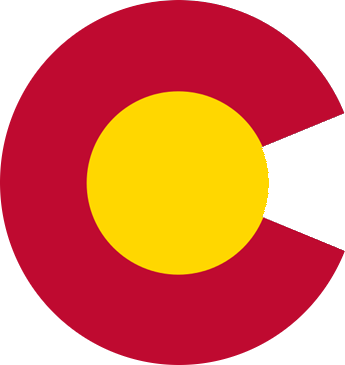Columbia, November 1861
As I left off, we proceeded to the Camp College Green at Columbia, South Carolina, where we remained for a week drilling. I had been for two years a pupil at the Kings Mountain Military Academy, and being well drilled I was kept busily employed in assisting to drill the company. This being our first camping ground, and being then something new, we had our fun, sitting around the camp fires, cracking jokes and telling tales.
